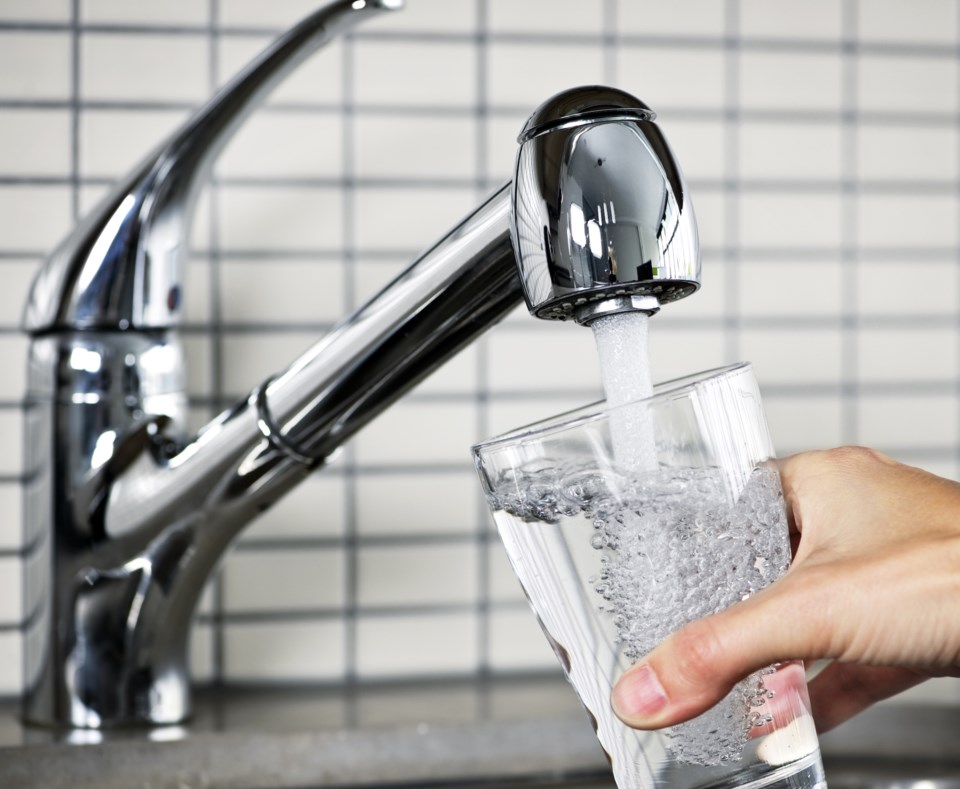According to a recent joint investigation on lead levels in pipes that deliver Canadians their drinking water, more than 2,400 Ontario schools and daycares exceeded the current federal guideline for lead in drinking water in the past two years.
That figure comes from a joint investigation between Global News, The Toronto Star, the Ryerson School of Journalism and Concordia University’s Institute for Investigative Journalism. It marks a 275 per cent jump from two years ago due to more frequent testing and tougher federal lead limits that reveal a dramatically larger problem than was previously known.
"Ever since the events that took place in Walkerton, Ontario has continued to be the most regulated province when it comes to drinking water systems," Elliot Lake's Director of Public Works, Daryl Halloch, told ElliotLakeToday. "Back in 2011, the Ministry of Environment, through the Safe Drinking water Act Regulation 170 section 15.1, started a lead testing program for all municipal and non-municipal drinking water systems in Ontario. This required plumbing samples from a mix of private residences and non-residential buildings as well as samples from the distribution system (hydrants)."
"The City of Elliot Lake (Categorized as a Large Municipality – population greater than 10,000 but less than 50,000) was directed to sample 60 private residences – 6 non-residential and 12 distribution during both the winter and summer months of 2011, " he said. "With the city’s samples returning with results where no more than 10 per cent of the plumbing sample results exceeded 5 micrograms per litre and no plumbing sample results exceeding the lead standard of 10 micrograms per litre during both sampling seasons, the city qualified for reduced sampling in 2012."
Halloch said in 2012, the City was directed to sample 30 private residences – three non-residential and four distribution during both the summer and winter months. Sample results again returned results of no lead in the system, so now the city is directed to sample for lead once every three years in the distribution system (completed in 2018) along with alkalinity and pH samples completed every winter and summer season.
He added that the Elliot Lake Water Plant staff continues to follow directions when it comes to all sampling regulated in the Safe Drinking Water Act under regulation 170 and remains compliant regarding chemical standards in regulation 169.
"If any private residents in Elliot lake want their home tested for lead – they will have to contact the Algoma Public Health Unit and obtain the proper bottles," said Halloch
Two dozen schools and daycares across Ontario have reported samples that are higher than 1,000 ppb. That's the level which experts say can impact blood-lead levels in a child right away.
Lead fixtures, plus taps and water fountains, have been used in school plumbing and many remain in place as the big problems resulting in elevated lead levels in drinking water.
The investigative report noted that children, especially younger ones, are vulnerable to the health impacts of lead since their bodies absorb lead more than adults. It went on to say that lead consumption, whether in paint, the environment or in drinking water, can impact a child’s cognitive development, IQ levels and overall health.
At the Algoma District School Board, local schools are getting a good report card for lead water levels. School Board Business Superintendent Joe Santa Maria told ElliotLakeToday that none of ADSB's schools in Elliot Lake has a problem meeting government lead water standards.
"We have auto flushing devices on the main stems on every building so we do that before the kids arrive. They (the tests) come back as acceptable. This flushing every day just keeps it in a flush state, so there's no lead building upon a standing water basis," he explained.
"Testing is done in the summer which gives a good indication because we don't have a lot of activity in the summer in our buildings," said Santa Maria. "In addition to the flushing devices, we have a process where the drinking facilities in the schools need to be flushed manually, and there's a recording of every fountain being flushed."
Santa Maria concluded, "Even with new schools we build, you would think we wouldn't have to do the testing but we do test because the one thing we can't control with any of our municipalities is the main piping coming into the school."
At the French school board, CSPGNO, EducatIon Director Marc Gauthier told ElliotLakeToday, "For École secondaire Villa Française des Jeunes in Elliot Lake, we had a test done on the 29th of August 2019. The results show that we have less than 0.1 particles of lead in the water for both standing water and after flushing the water (lowest rating you can get). A couple of years ago, we redid the plumbing of the school because of a problem. Everything is new for plumbing."
